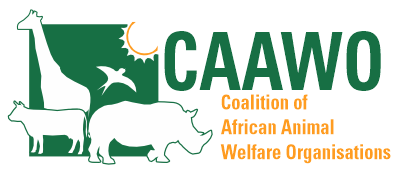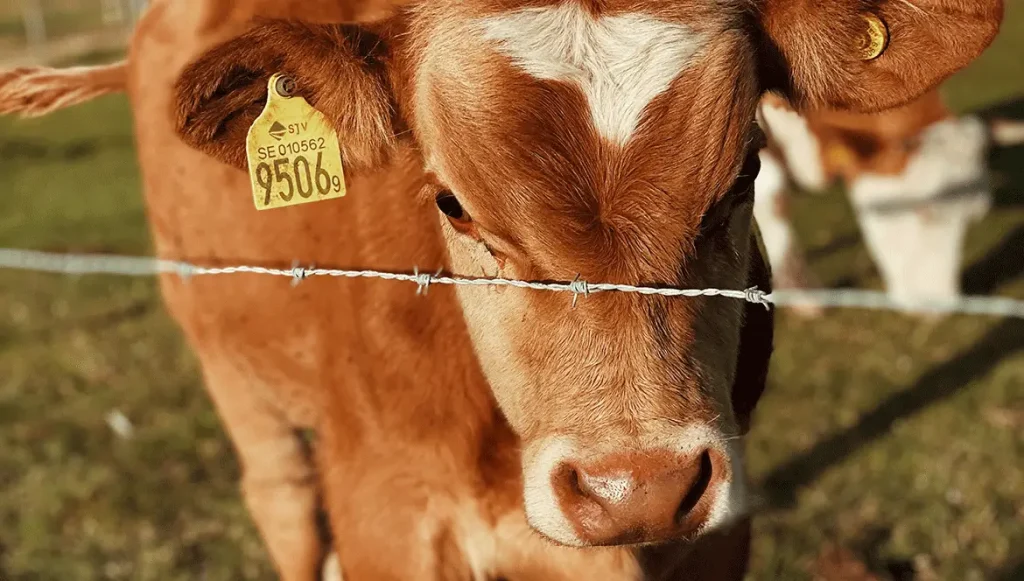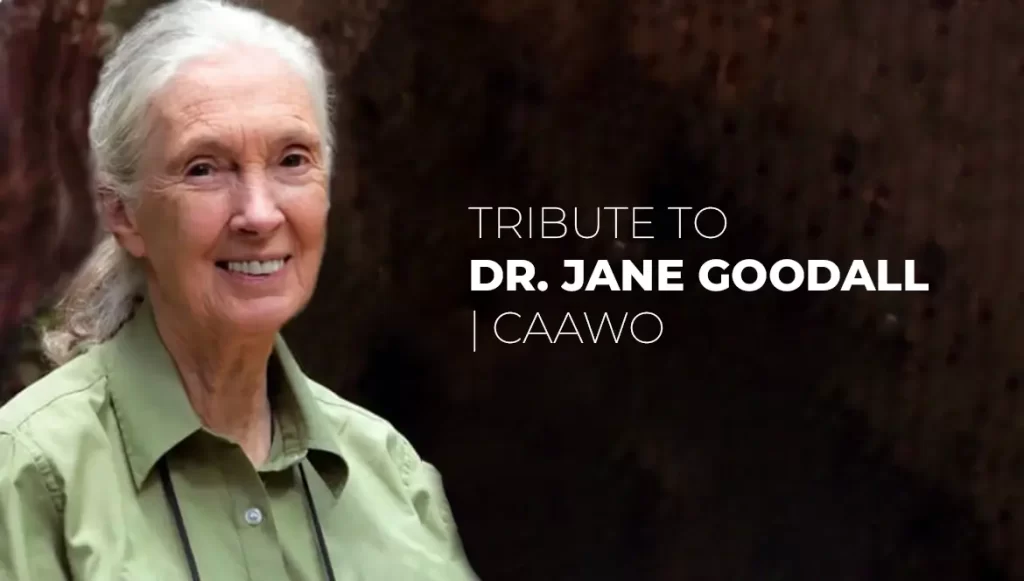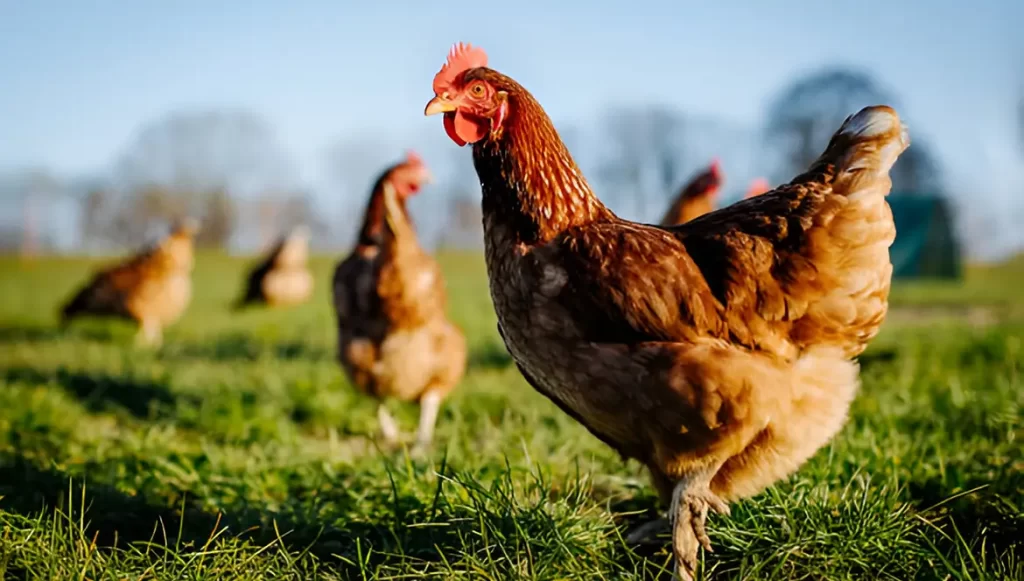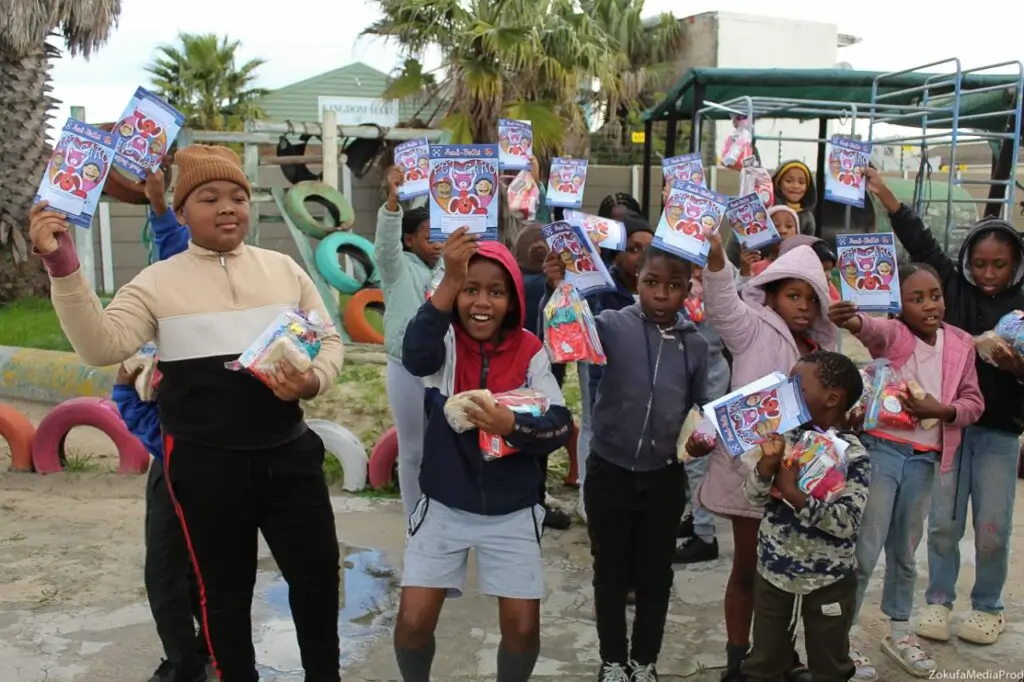As we become more technologically advanced as a society, we become increasingly disconnected from understanding where -or more accurately what- our food comes from. There comes a time in many kids’ lives when they find out their bacon used to go “oink” and their burger used to go “moo” which can lead to a rather difficult conversation.
It is the responsibility and honour of adults to educate our young ones on the realities of their food; where it comes from and the impact that it can have on the environment and animal wellbeing. By teaching kids about conscious consumerism we can bridge the gap that has developed between farm and fork which is a huge step towards ethical farming and animal wellbeing in the food industry.
But, Why?
When youngones find out where meat comes from, they tend to follow up with shock, tears, and the age-old question: “Why do we eat animals?” The key to answering this question in a way that promotes independent decision-making and, hopefully, conscious consumerism is being gentle but honest. Explain that food either comes from plants or animals.
Explain the facts about where food comes from, and allow your children the opportunity to decide for themselves whether or not they’d like to eat meat. Even though they are young and in our care, they still have the right to choose what goes in their body.
Food Scarcity
A large part of conscious consumerism is utilising every part of all the food we purchase or grow. Did you know that a third of all food produced in South Africa is wasted each year? Your kids now understand where food comes from and why we need it. Now it’s time to explain how important it is not to waste it.
Teach them about the impacts of farming on the environment as well as the fact that many people cannot afford or access food. Help your children understand the gravity of being mindful of food wastage and remind them of the importance of gratitude for the food they get to eat. We’ve also gathered some helpful tips on making your food go further and introducing sustainability in the kitchen.
Teach By Example
The saying “practice what you preach” is especially important with kids. Learn about conscious consumerism (ethical farming, plant-based food, zero-waste food items, animal wellbeing in the food industry, etc) with your kids. Invite their questions, ask for their opinions, involve them in your food shopping, and create a non-judgemental environment where they can explore their own conscious consumerism ideals and beliefs.
Build A Bond With Nature
Connect your kids with the source of their food. Take them on walks in nature, start a vegetable garden at home and work on it together, and bring your child to nature reserves and animal sanctuaries. Knowing where their food comes from won’t have the same impact that showing them can.
The truth is, educating kids on conscious consumerism is not a one-and-done talk. It’s best to begin having these conversations early on, and teach them the facts about industrial-scale farming, ethical farming, as well as how to eat with conscious consumerism in mind from a young age. Learn together and eat more consciously together.
As we learn more about our environment, methods of ethical farming, and ways to more sustainably produce food our idea of conscious consumerism and ethical eating is sure to develop with us. Make sure to continue learning about conscious consumerism yourself so that you can truly give kids the best advice and the most trustworthy information on eating sustainably.
CAAWO is always here to support your journey to conscious choices about ethical treatment of all beings and our environment. Connect with us to learn about how we do that.
